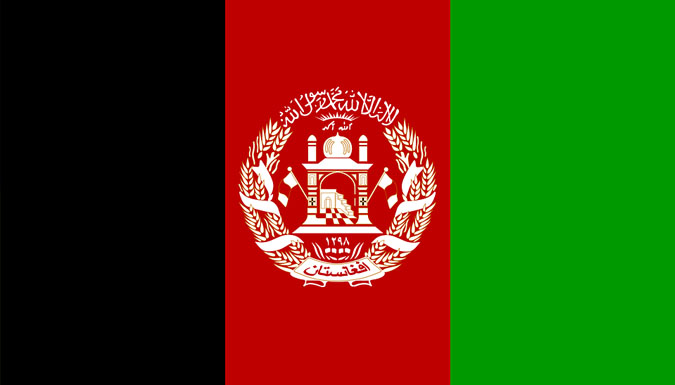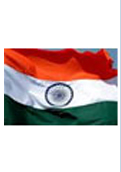Total Recount in Afghanistan: What Next?
As all the votes cast in the run-off election are audited and recounted under international supervision, the final outcome could be a close finish with winning candidate leading by a much narrow margin. The process of constitutional amendment can only be initiated after the new parliament is formed as parliamentary elections are due in 2015.
- Vishal Chandra
- July 26, 2014











